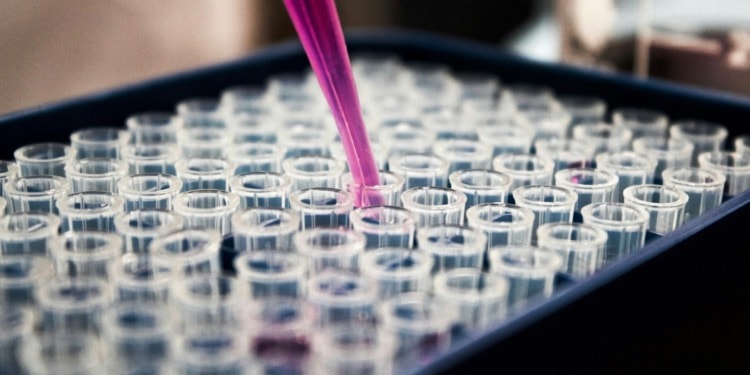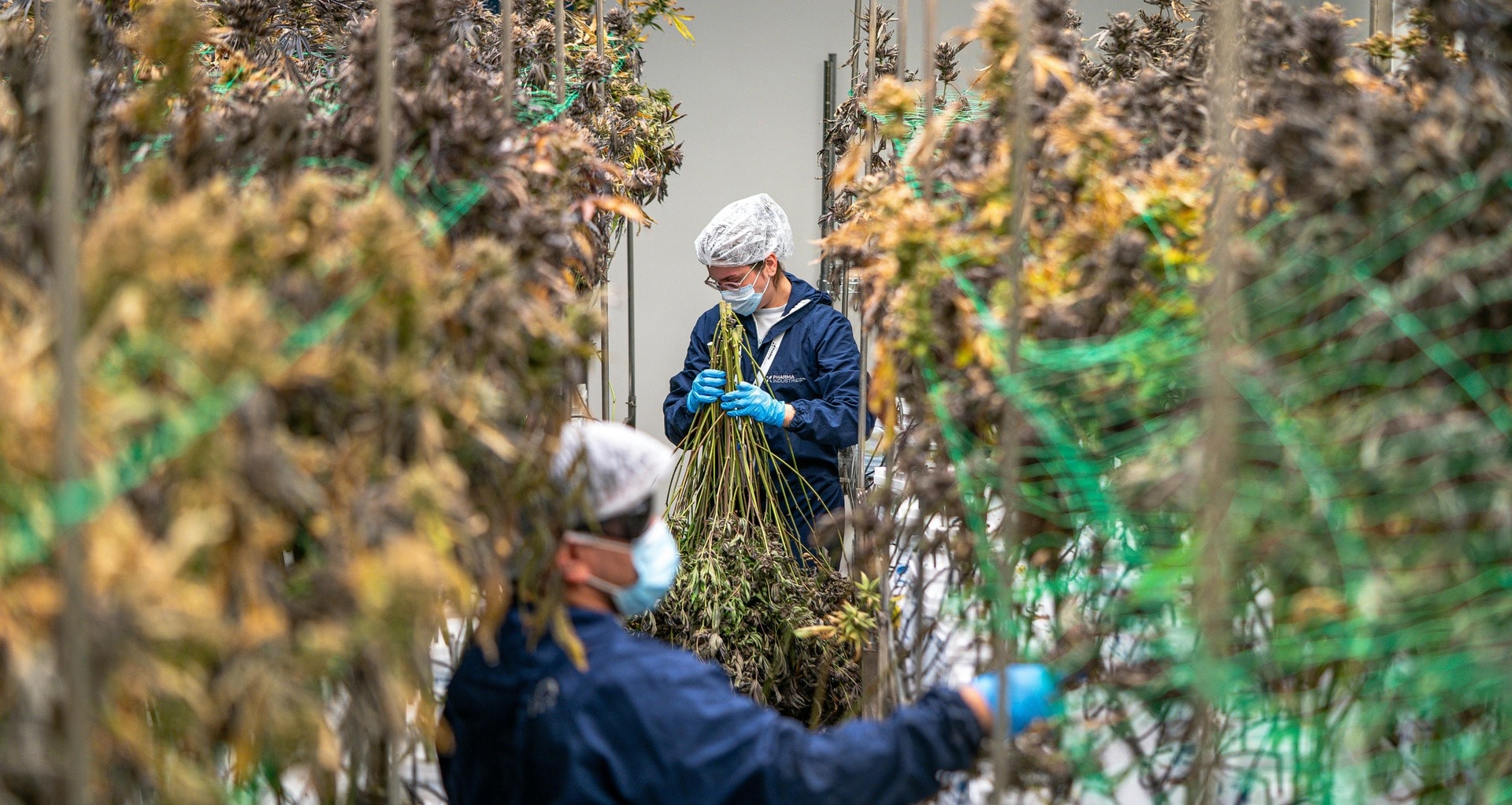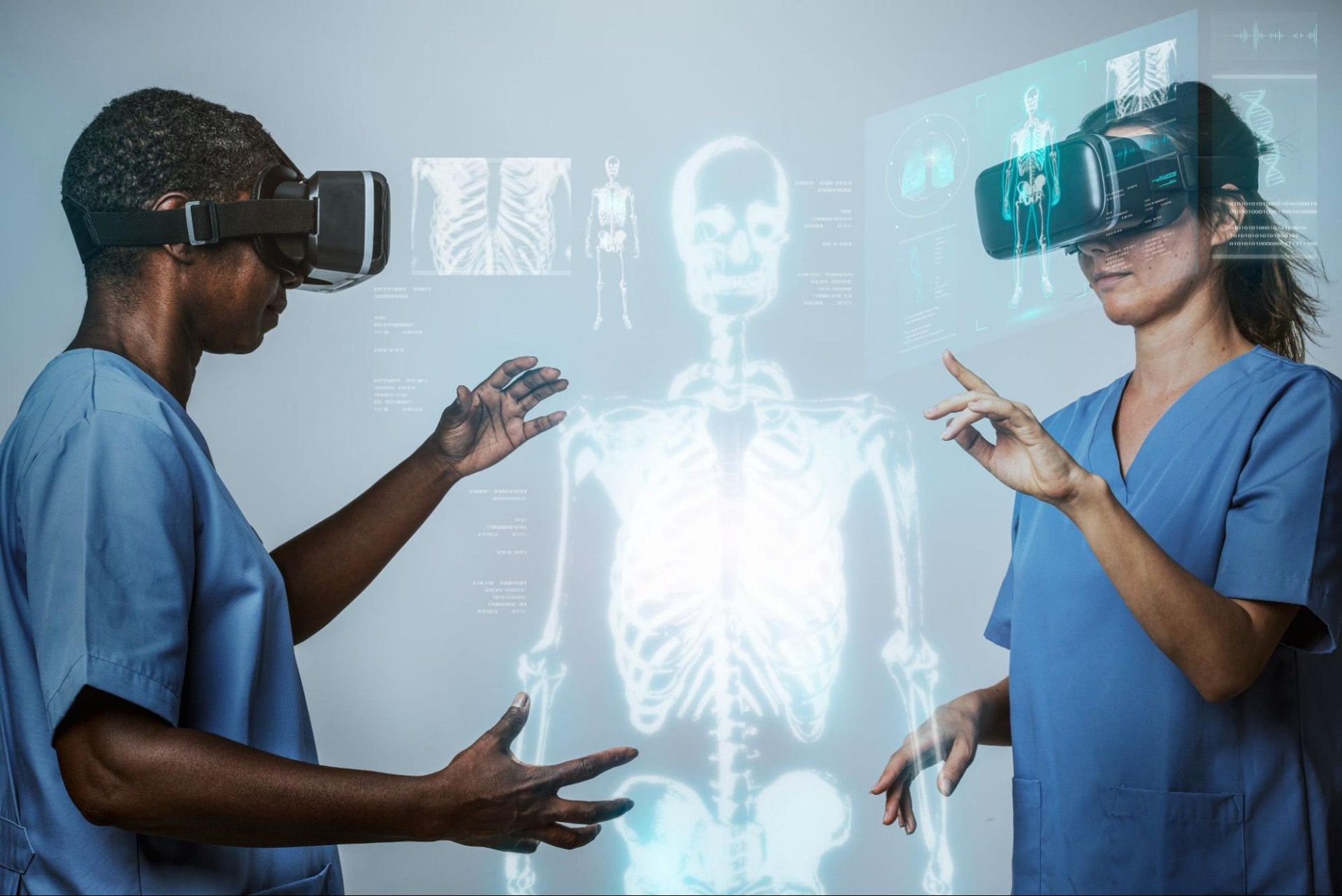To date, the majority of stem cells have been obtained from adult stem cells or fetal tissue following termination. But researchers at UCL and Great Ormond Street Hospital in London have now successfully extracted stem cells from the amniotic fluid surrounding the fetus in the womb, which acts as a protective barrier during pregnancy.
Cellcolabs, a Swedish startup launched in 2021, makes high-quality stem cells — the Mesenchymal Stem Cells (MSCs). The startup hopes to help solve the “global shortage of stem cells produced in compliance with Good Manufacturing Practice (GMP).”
According to TechCrunch, Cellcolabs has recently raised $8.7 million, which brings the total amount of funds raised since its inception to $21.5 million.
As the startup explains, their work is based on pioneering stem cell research conducted by Professor Katarina Le Blanc at the prestigious Karolinska Institute in Stockholm, which is associated with the Nobel Prize in Medicine. To establish Cellcolabs, Professor Le Blanc partnered with founders Per Båtelson and Maria Rankka, as well as impact investor Norrsken. They also enlisted the expertise of medically trained CEO Mattias Bernow.
The Mesenchymal Stem Cells that the startup specializes in are both expensive and rare. According to information provided on their website, they have anti-inflammatory, regenerative, and immunomodulatory properties, which can “improve or prevent many chronic diseases.”
MSCs can also help restore old and damaged cells via their tissue regenerative properties as well as maintain stable levels of the immune response, thus reducing inflammation. Since inflammation is considered to be the underlying factor for various diseases, the ability of MSCs to combat inflammation plays a vital role in their therapeutic application.
Cellcolabs claims that its innovative approach to harvesting MSCs from the bone marrow of healthy volunteer donors has the potential to reduce the cost of MSCs by up to 90% within the next decade through large-scale production.
Stem cells can be categorized into different types based on their origin and potential to differentiate. The most commonly known types of stem cells include embryonic stem cells, adult stem cells, and induced pluripotent stem cells (iPSCs). Stem cell production involves the extraction of these powerful cells from a variety of sources, including bone marrow, adipose tissue, and embryonic tissue.
Applications of Stem Cells in Medical Treatments
Stem cells demonstrate great potential in the treatment of a wide range of medical conditions. From regenerating damaged tissues to replacing organs or even a new set of teeth, stem cell-based therapies offer hope for patients who have struggled with various health problems.
Stem cells are being used in medical procedures like bone marrow transplants. They help individuals with cancer to generate fresh blood cells after their own hematopoietic stem cells have been destroyed by radiation therapy and chemotherapy. Additionally, stem cells can also be used to treat individuals with conditions such as Fanconi anaemia.
Related Articles: Scientists Create Synthetic Human Embryos | Gene Editing Has Arrived | The Importance of Utilizing Stem Cell Research
Stem cell transplantation, also known as bone marrow transplantation, has been successfully used to replace diseased or damaged bone marrow with healthy stem cells. This procedure has saved countless lives and continues to be a standard treatment for various blood disorders.
Criticism of Stem Cells in Medical Treatments
There are ethical concerns related to the implementation of stem cells in medical treatments. One of the arguments against the use of stem cells is the potential rejection of embryonic stem cells by the body. By extension, some people are negatively inclined towards the use of embryonic stem cells as they view it to be a morally concerning practice.
The process of creating a new therapy may take between 15 and 20 years. However, the majority of ideas are not approved to become approved treatments. Therefore, some unregulated companies and clinics may provide unapproved stem cell treatments. These procedures often lack scientific proof of efficacy and can be dangerous. Patients must consult with their general practitioner (GP) before pursuing any medical interventions.
As we continue to explore the possibilities of stem cell production, it is vital to balance scientific advancements with ethical considerations while prioritizing the safety and well-being of patients to ensure the safe medical integration of stem cell treatments.
Editor’s Note: The opinions expressed here by the authors are their own, not those of Impakter.com — Featured Photo Credit: Louis Reed.













